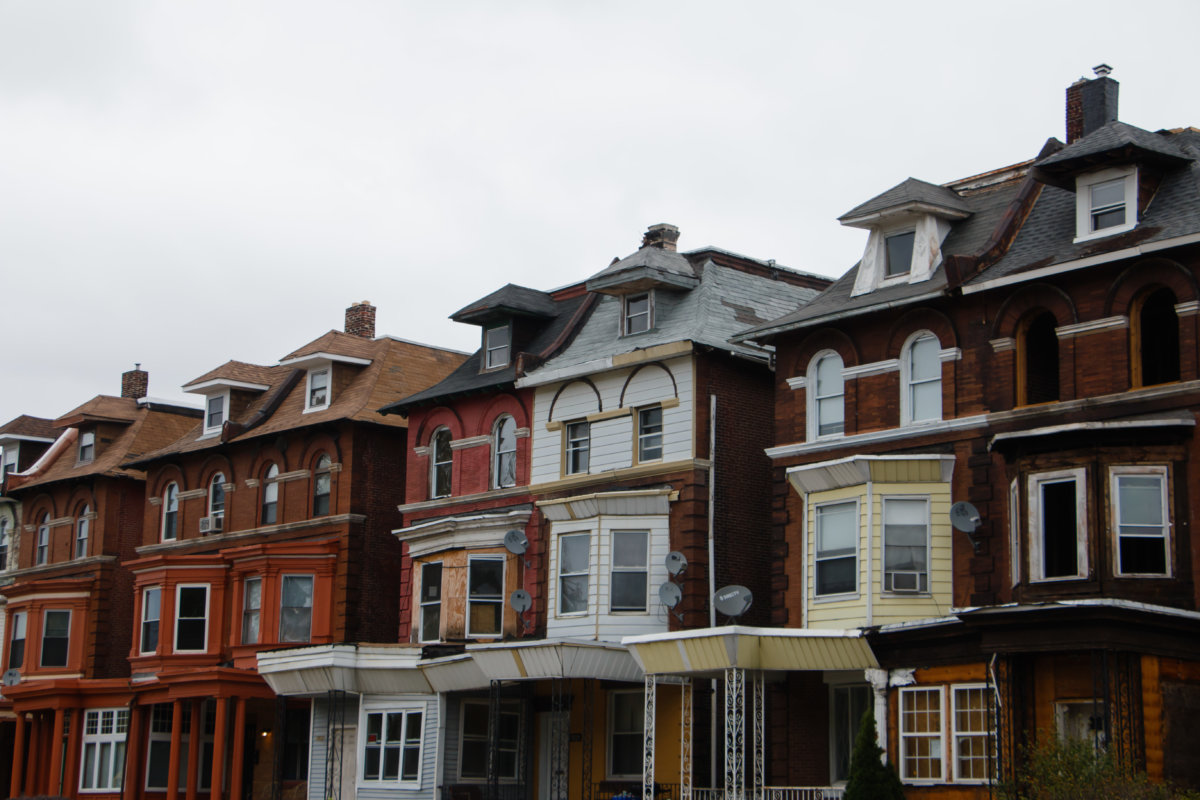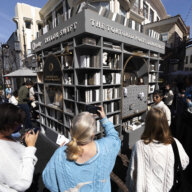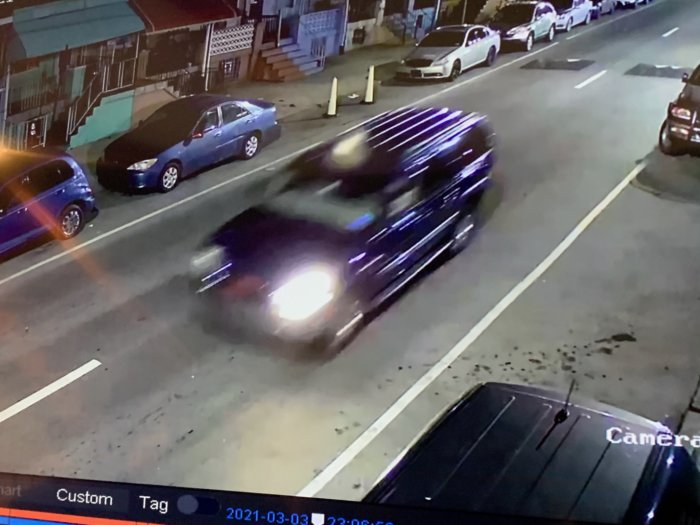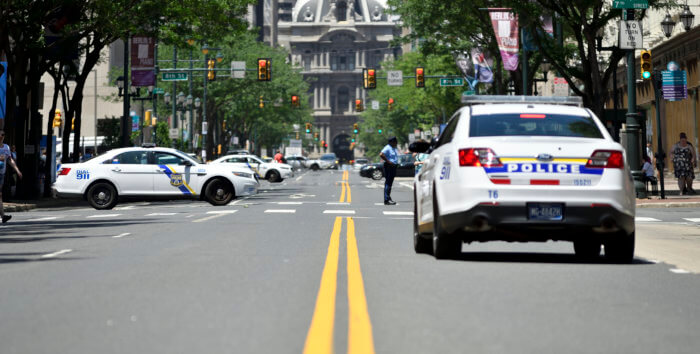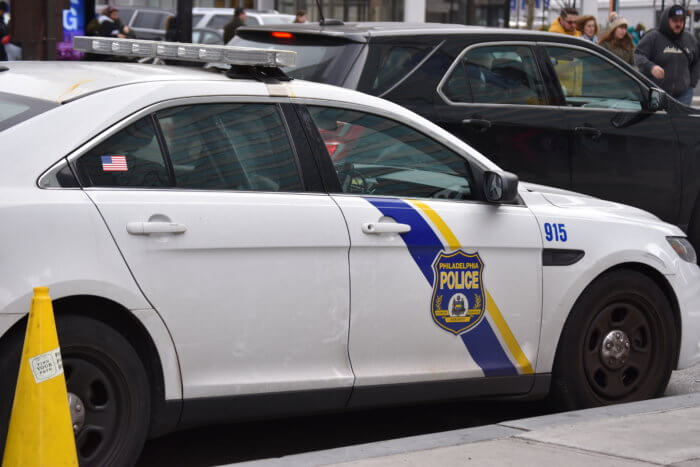Just about every day, someone tries to buy Sheila Martin’s home.
She’s not alone. Other residents of Strawberry Mansion say they get solicitations on a regular basis, as developers and others attempt to acquire property in the neighborhood, which is experiencing the creep of gentrification.
“I actually get cards with pictures of the house on them,” Martin, 68, said, describing the offers. “I get emails. I get texts every day.”
Though Martin isn’t tempted to sell, she is participating in a new initiative aimed at supporting long-time neighborhood residents who want to stay in their homes.
The Strawberry Mansion Historic Home Repair Program is a three-year pilot providing free repairs — worth up to $25,000 — to 25 homeowners. Work on the first five properties, including Martin’s house, began this week.
Crews will be repairing roofs, revamping electric systems, replacing windows and fixing plumbing-related issues, as well as doing any other basic repairs.
All of the homes are livable, and they don’t need to be fully rehabbed. The goal is to keep them that way.
“For homeowners with lower incomes, repairs start mounting up and are often more than you can manage on your own budget, particularly if you’re now retired,” said Andy Frishkoff, executive director of Local Initiatives Support Corporation’s local chapter.
LISC Philadelphia is supporting the Strawberry Mansion Community Development Corporation, which is managing the project.
There’s also a historic preservation element. Organizers hope to maintain the neighborhood’s aging rowhouses, many of which have ornate cornices, roof lines, brick work, porches and bays. Restoring the exterior facades is a focus of the program.
“We know that the craftsmanship that went into making these houses over a hundred years ago, it’s just super expensive to do that today,” Tonnetta Graham, president of the Strawberry Mansion CDC, told Metro.
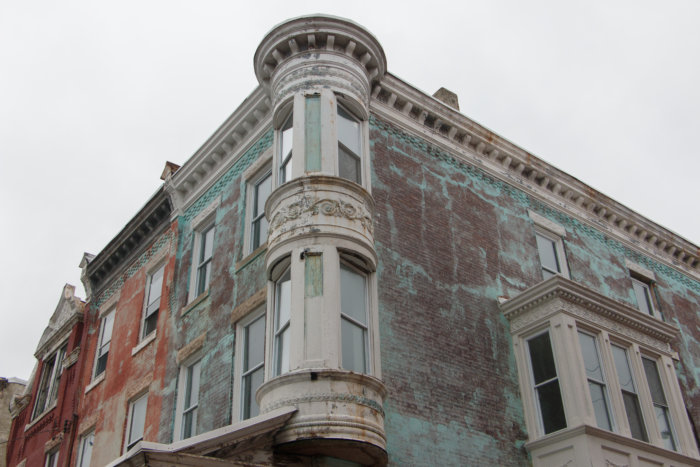
A bulk of the initiative’s funding is from the William Penn Foundation, which is providing a $1.5 million grant. Additional financial support is coming from the 1772 Foundation and the Philadelphia Housing Development Corporation.
In addition to the repairs, the program includes workshops on financial literacy, estate planning, tangled titles and other topics for the entire community.
“We want them to be able to maintain it, so it can be passed onto future generations by making sure that the documentation and stuff is up to date,” Graham said.
The CDC set up an expression of interest form, and residents applied to receive repairs, Graham said. Organizers divided the neighborhood into three sections and selected several homeowners from each area.
Anyone who wasn’t picked was invited to the information sessions and referred to PHDC’s Basic Systems Repair Program or its Restore, Repair, Renew loan initiative.
“I wish everybody could be selected,” Graham said.
She said the CDC plans to expand the program if it can secure additional funding.
If the pilot is successful, those involved hope to use it as a model to help homeowners in other low-income Philadelphia neighborhoods with historic properties, Frishkoff said.
So far, workers at Martin’s home have removed asbestos-contaminated tiles and pipe insulation. They also repaired the walls in the basement.
“It’s been a godsend,” she said. “They’ve done so much already. They still have more to do.”
Martin, who is a widow, said she wouldn’t have been able to afford the renovations by herself. Her parents and grandparents lived at the home, and she has been there for more than five decades.
“I like my home,” Martin said. “There’s so many memories here, and there’s so many good memories in the neighborhood, of the different homes here, the different architecture and just the people.”




